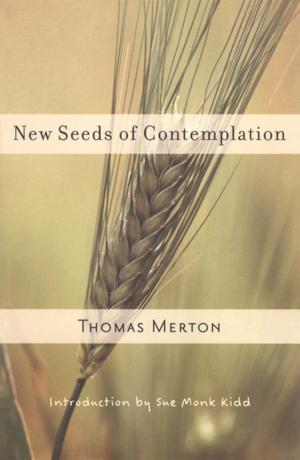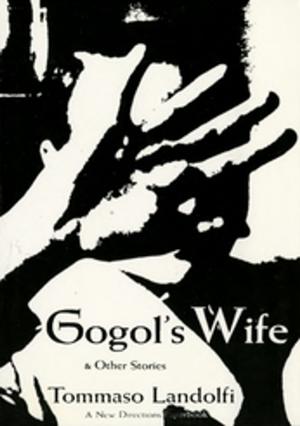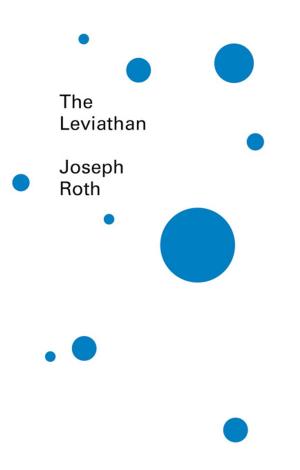Story of Love in Solitude
Nonfiction, Reference & Language, French Language, Fiction & Literature, Short Stories, Literary| Author: | Roger Lewinter | ISBN: | 9780811226110 |
| Publisher: | New Directions | Publication: | October 25, 2016 |
| Imprint: | New Directions | Language: | English |
| Author: | Roger Lewinter |
| ISBN: | 9780811226110 |
| Publisher: | New Directions |
| Publication: | October 25, 2016 |
| Imprint: | New Directions |
| Language: | English |
A notable discovery of a truly original voice
Several stories inhabit Roger Lewinter’s first small book to appear in English, Story of Love in Solitude. Each story takes the form of a loop: a spider who won’t stop returning; camellias that flourish and then die; dying parents whose presence is always yet felt; turning again and again to work on Rilke translations; a younger man whom the narrator sees each week at the Geneva street markets. All the tales touch on the possibility, the open possibility of love—a loop without end.
Lewinter’s short fictional works are at once prose poems and a form of dreaming; they are akin to the great French tradition of things sparking emotions and emotions sparking things—part Sarraute, part Robbe-Grillet, part Perec. Plot is not really the point of his meditative works. Lewinter concerns himself more with perception, apperception, and sudden inflections of grace: loss and beauty meet in an explosion of joy, which becomes, “in its brilliance, a means of transmittal.”
A notable discovery of a truly original voice
Several stories inhabit Roger Lewinter’s first small book to appear in English, Story of Love in Solitude. Each story takes the form of a loop: a spider who won’t stop returning; camellias that flourish and then die; dying parents whose presence is always yet felt; turning again and again to work on Rilke translations; a younger man whom the narrator sees each week at the Geneva street markets. All the tales touch on the possibility, the open possibility of love—a loop without end.
Lewinter’s short fictional works are at once prose poems and a form of dreaming; they are akin to the great French tradition of things sparking emotions and emotions sparking things—part Sarraute, part Robbe-Grillet, part Perec. Plot is not really the point of his meditative works. Lewinter concerns himself more with perception, apperception, and sudden inflections of grace: loss and beauty meet in an explosion of joy, which becomes, “in its brilliance, a means of transmittal.”















